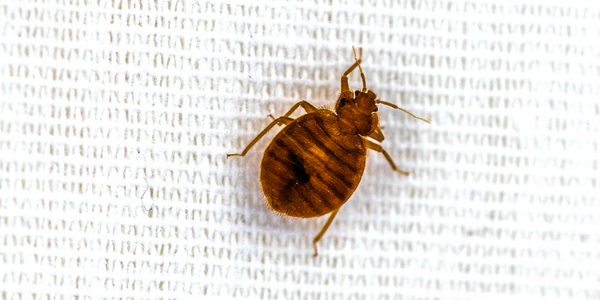
Common Household Pests That Can Survive The Cold
It is a misconception that insects can’t survive New York’s freezing cold temperatures during the winter. In fact, there are quite a few resilient pests that have adapted to persevere through the cold winter months. Here are four pests that can surprisingly survive the cold.
Ants
Among the many pests that can survive the cold, ants are particularly adaptable. Ant colonies can survive winter by hunkering down underground or finding warm shelter nearby, hunkering down and hibernating to withstand the frigid cold temperatures that the winter months are known for.
Ants also consume a great deal of food in preparation for the colder months, often even stockpiling food and waiting the winter cold out until springtime arrives. That way, they can live off of the fat they have amassed during the fall.
Mosquitoes
A lot of people are surprised to discover that mosquitoes do not die off once the chill of winter sets in. Even though they are known to thrive in warm climates, mosquitoes can and do survive in freezing temperatures. Mosquitoes can even become more active when it is colder outside and they’re looking for a warm place to rest and feed on blood.
Like ants, mosquitoes also do their fair share of hibernating to make it through the winter. To do this, they may burrow into hollow logs for protection from the brutal cold. Mosquitoes are most common around bodies of water or standing water, but they may enter homes through open doors and windows during winter months.
Bed Bugs
You can still use the expression “don’t let the bed bugs bite” before going to bed in the wintertime. This is due to the fact that bed bugs can survive in near-freezing conditions. Bed bugs can handle the cold for a few days at most. Because of this, they’ll seek shelter indoors for warmth.
Bed bugs are resilient creatures. They can survive in cold conditions and even go dormant if they run out of food. Because of their ability to live without food for so long, bed bugs have a hard time being eradicated.
Bed bugs are also very difficult to detect. Even if you’ve got a mattress or couch that’s covered in red itchy welts from these pests, there’s still no guarantee that you’ll see them crawling around on the surface of your furniture—or anywhere else in the room. You may be able to smell their pungent odor (which has been described as “musty,” “sweet,” and “perfume-like”) when they’re close by or when there’s an infestation large enough for them to be moving around frequently.
Termites
A termite’s ability to survive the cold may be due in part to its hardiness. Termites are already underground, so they’re protected from the elements and don’t have to deal with any snow or freezing temperatures. If a termite colony becomes too cold outside in the winter, it will simply hibernate until warm weather returns.
Termites also have a very high tolerance for cold because they are not bothered by it at all. A typical home temperature is 70 degrees Fahrenheit; however, termites can survive in temperatures as low as -20 degrees Fahrenheit! That’s 20 degrees colder than what most humans would consider comfortable!
Knock Out Pests All Winter Long
Pests are a year-round problem. While the warmer months of the year provide ample opportunity to become infested with pests, your home can still be plagued by unwanted visitors during the winter months.
If you discover pests in your home this season, turn to the professionals here at Knockout Pest Control for assistance. We will knock out your home’s pests and keep them down for the count.
Call 1-800-244-PEST to schedule an estimate.

